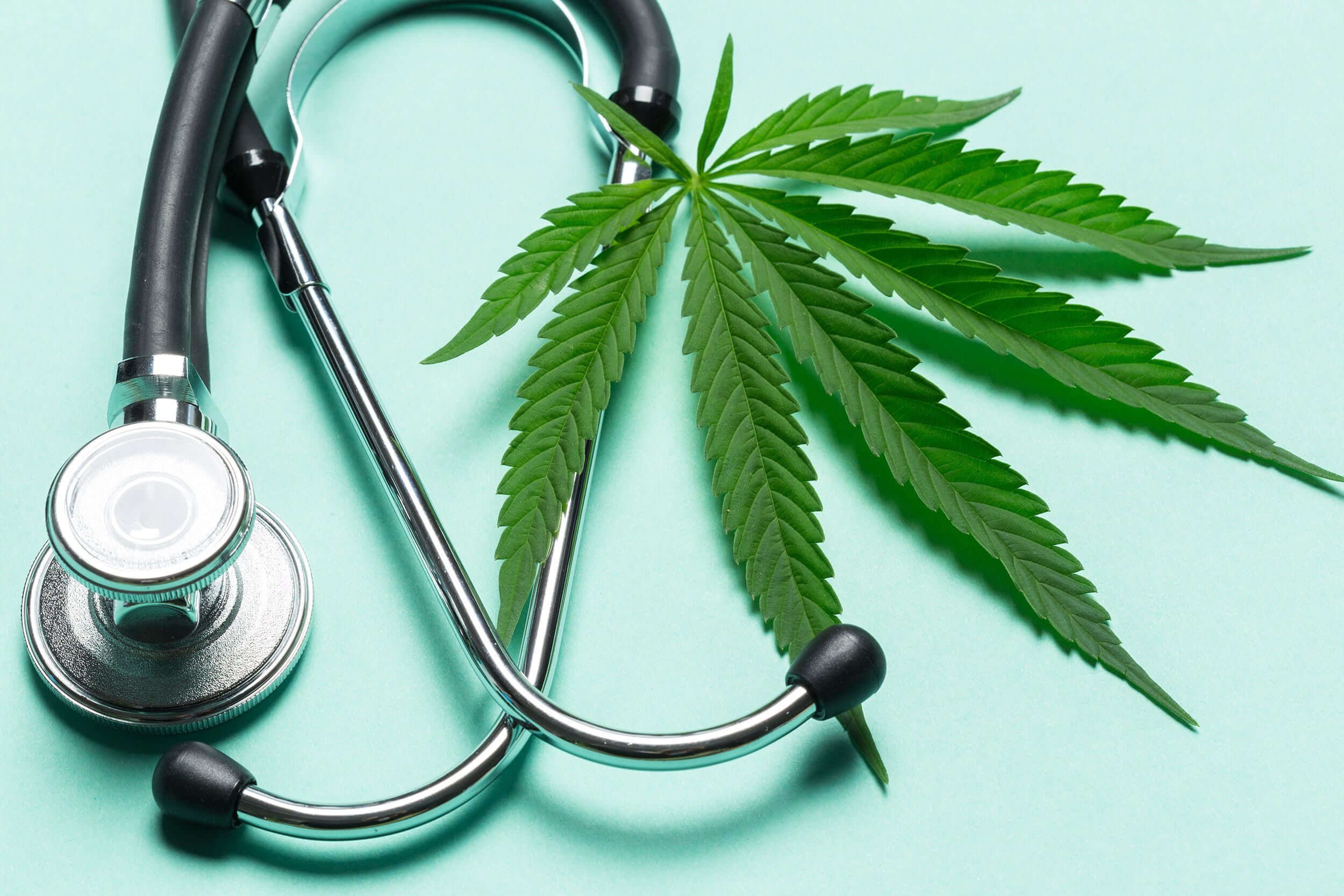Steps to Protect Your Medical Cannabis Card for Optimum Health Benefits
Steps to Protect Your Medical Cannabis Card for Optimum Health Benefits
Blog Article
Shedding Light on What Medical Cannabis Can Heal: an Extensive Analysis of Its Healing Features
In current years, there has been a growing passion in the healing possibility of medical cannabis. While unscientific evidence abounds, a thorough examination of the scientific information concerning the effectiveness of medical marijuana in treating these problems is called for.
Chronic Pain Monitoring
Persistent discomfort administration continues to be a critical facet of healthcare, necessitating an extensive method for effective therapy. Over the last few years, clinical cannabis has emerged as a potential healing choice for individuals dealing with chronic pain conditions. The endocannabinoid system, which plays a crucial role in pain inflection, has been targeted by cannabis-based treatments to relieve signs and symptoms and enhance lifestyle for clients.

In addition, medical marijuana uses an appealing alternative for patients that experience unbearable adverse effects from traditional discomfort drugs. Its capability to deal with pain through a different system makes it a useful enhancement to the collection of treatments readily available for persistent pain administration.
Epilepsy Treatment Prospective
Medical cannabis has actually shown appealing possibility in the therapy of epilepsy, offering a novel healing method for handling seizures in patients. Epilepsy is a neurological problem identified by frequent seizures, impacting individuals of any ages. Typical treatments for epilepsy include antiepileptic medicines, yet these medicines might not work for all patients and can have significant adverse effects.
Study on the use of medical cannabis for epilepsy has exposed encouraging results. Cannabidiol (CBD), a non-psychoactive compound found in cannabis, has been particularly highlighted for its anticonvulsant residential or commercial properties. Studies have actually revealed that CBD can reduce the regularity and severity of seizures in patients with treatment-resistant types of epilepsy, such as Dravet syndrome and Lennox-Gastaut disorder.
Moreover, the FDA has actually authorized a CBD-based medication, Epidiolex, for the treatment of seizures connected with these severe kinds of epilepsy. This milestone underscores the expanding acknowledgment of clinical cannabis as an important restorative option for taking care of epilepsy and gives expect clients who have actually not responded well to conventional therapies.
Nausea Or Vomiting Alleviation Perks
The reduction of nausea or vomiting with making use of marijuana has been increasingly identified for its therapeutic benefits in various medical problems. Nausea and throwing up are common signs and symptoms experienced by patients undertaking chemotherapy, those with intestinal conditions, and individuals with chronic pain conditions. Medical cannabis, with its energetic substances such as THC and CBD, has actually revealed promise in offering relief from nausea or vomiting.

Moreover, clinical marijuana uses an all-natural alternative for individuals who do not respond well to typical anti-nausea drugs or that experience extreme negative effects from these drugs. Clients undertaking chemotherapy, specifically, have reported significant enhancements in their high quality of life when utilizing marijuana to take care of queasiness. As research study in this field continues to expand, clinical marijuana is progressively being taken into consideration as a valuable choice for nausea relief in various clinical setups.
Anxiousness Decrease Effects
Research studies have demonstrated the possibility of cannabis in minimizing stress and anxiety signs via its communication with the endocannabinoid system. The endocannabinoid system plays a crucial duty in managing feelings, including anxiety, by maintaining homeostasis in the body. Cannabinoids in cannabis, such as THC and CBD, connect with the endocannabinoid receptors in the brain, especially the CB1 and CB2 receptors, to regulate anxiety-related actions.

Patients with problems like generalized anxiousness problem (GAD), social anxiousness condition, and trauma (PTSD) may take advantage of the anxiolytic homes of marijuana (Medical Cannabis Doctor). Additional research is needed to establish optimal does, shipment techniques, and lasting results on anxiety management.
Prospective for Inflammation Control
With its well-known anti-inflammatory residential properties, marijuana has shown promise in potentially controlling inflammation within the body. Inflammation is the body's natural reaction to injury or infection, but when it ends up being persistent, it can add to different illness such as arthritis, inflammatory digestive tract illness, and also heart problem. Research recommends that the cannabinoids located in marijuana, such as THC and CBD, can aid blog control the immune feedback and lower swelling.
Studies have shown that marijuana can interact with the local urgent care near me endocannabinoid system, which plays an essential role in regulating inflammation. By targeting the cannabinoid receptors, marijuana substances can modulate the immune feedback, causing a decrease in inflammation levels. This makes cannabis a potential candidate for taking care of inflammatory conditions where typical therapies have actually dropped brief.
In addition, cannabis-derived products like CBD oil have gained popularity for their anti-inflammatory homes, with many people using them as an all-natural treatment for conditions connected with swelling. While even more study is needed to completely comprehend the systems behind cannabis's anti-inflammatory effects, existing findings show encouraging outcomes for the possible use clinical marijuana in managing swelling.
Conclusion
In final thought, clinical cannabis has actually shown appealing therapeutic properties in managing persistent pain, treating epilepsy, eliminating nausea or vomiting, lowering anxiety, and regulating swelling. Its possible benefits in numerous clinical conditions highlight the value of additional research and exploration into its medical usage. The proof recommends that clinical marijuana can be a valuable alternative treatment alternative for people looking for remedy for an array of conditions and signs and symptoms.
In current years, clinical cannabis has arised as a prospective healing choice for individuals suffering from persistent pain problems.Medical cannabis has actually shown promising possibility in the therapy of epilepsy, offering an unique restorative method for handling seizures in patients. As research in this location continues to expand, clinical marijuana is progressively being considered as an important alternative for nausea alleviation in different clinical setups.
In verdict, medical cannabis has shown promising restorative buildings in managing persistent pain, dealing with epilepsy, soothing nausea or vomiting, minimizing stress and anxiety, and regulating inflammation. The evidence recommends that clinical marijuana could be a valuable option therapy choice for patients i loved this seeking alleviation from a range of conditions and symptoms.
Report this page